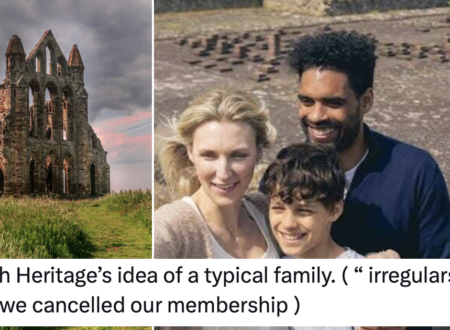These are the 3 best questions to ask at the end of your job interview

At the conclusion of an interview, it’s customary for the hiring manager to ask the job candidate if they have any questions. You’ve probably responded with generic questions like “When will I hear back?” or “What are the next steps?” But there are more compelling questions about the position you can ask before the end of the interview—to help you and help you stand out, leaving a positive lasting impression and reiterating your interest in the job.
Why are compelling questions important at the end of an interview?
When job candidates ask thoughtful questions, it sends a powerful message to employers. “It shows that they’re not just invested in their own success but also in the well-being and goals of the organization,” says Jenny Matthew, director of talent acquisition and attraction at Paycom Software, who is based in Oklahoma City, OK.
“It also gives the candidate the chance to clarify any gray areas they may have about company culture, expectations of the position and next steps.” These questions demonstrate you’re doing your due diligence to determine whether the role is a mutual fit for both the organization and you, she says.
The last few minutes of an interview can leave the interviewer with a lasting impression
The conclusion of your interview is a final chance to offer parting thoughts or even bring a new idea to the table for the interviewer to ponder after the interview. “The end of the interview is the mic-drop moment,” says Matthew. “It allows job candidates to be intentional by reiterating who they are, what they bring to the table, their interest in the position and company and some of their future desires.”
3 compelling questions for the conclusion of your interview
“What are some gaps in the organization you are hoping I can fill?”
This question encourages the interviewer to reflect on the candidate’s credentials. The hiring manager can then delve into how your skills and experience can be a win for their team. “The conversation also affords them the opportunity to explain how they would manage some specific projects,” says Matthew. This interview question also demonstrates that you’re genuinely interested in the company’s priorities and goals, and eager to contribute to its success, she notes.
“How would you describe the company culture?”
Beyond the job description, an eagerness and curiosity to learn about a company’s internal culture shows interest and professionalism. “This question highlights a desire to learn about the inner workings of the company,” says Matthews.
Also, this question can be used to the candidate’s personal advantage as they are navigating their job search. “This question gives the candidate insight into potential red flags and/or reasons why a certain role has been open for a long period of time,” Matthews says. “Employers are not the only ones in the driver’s seat; the job candidate is conducting an interview of their own. By asking informed questions at the end of the interview, candidates demonstrate that they’re not just looking for any job, but a meaningful opportunity that aligns with their goals and work style.”
“What does success look like in this role, especially within the first 90 days?”
After learning about the scope of the role, the corporate culture and how your skillset could be an asset, inquiring about expectations of the position is beneficial. “This helps candidates ensure they’re aligned with the hiring manager on job responsibilities and expectations, while also understanding by what metrics job performance is assessed,” explains Michelle Reisdorf, a district director at Robert Half in Chicago. “It also demonstrates to the hiring manager a commitment to starting strong and succeeding early.”
Should you go “off script” at the end of the interview?
Applicants should ask relevant questions that stem from the conversation, sticking to what was discussed, the position, or something on point to the company. “Going ‘off script’ is encouraged so long as the questions clearly reflect active listening and thoughtful consideration of what’s been discussed,” says Reisdorf. “This approach can often demonstrate genuine engagement and curiosity about the role, as well as strong communication skills.”
What's Your Reaction?
 Like
0
Like
0
 Dislike
0
Dislike
0
 Love
0
Love
0
 Funny
0
Funny
0
 Angry
0
Angry
0
 Sad
0
Sad
0
 Wow
0
Wow
0





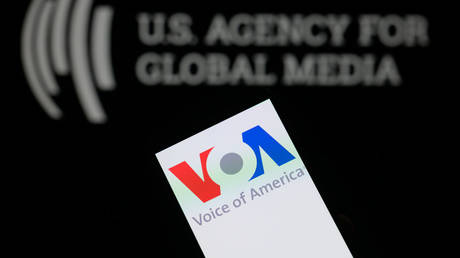







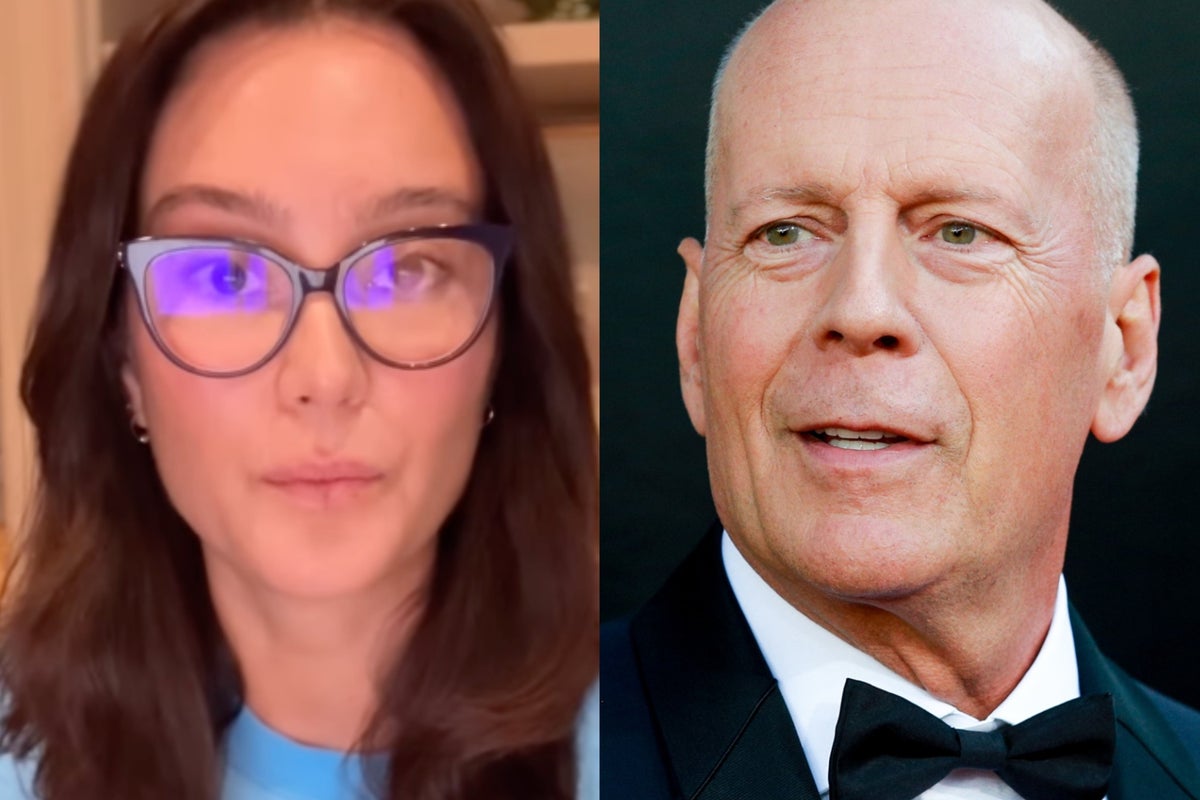














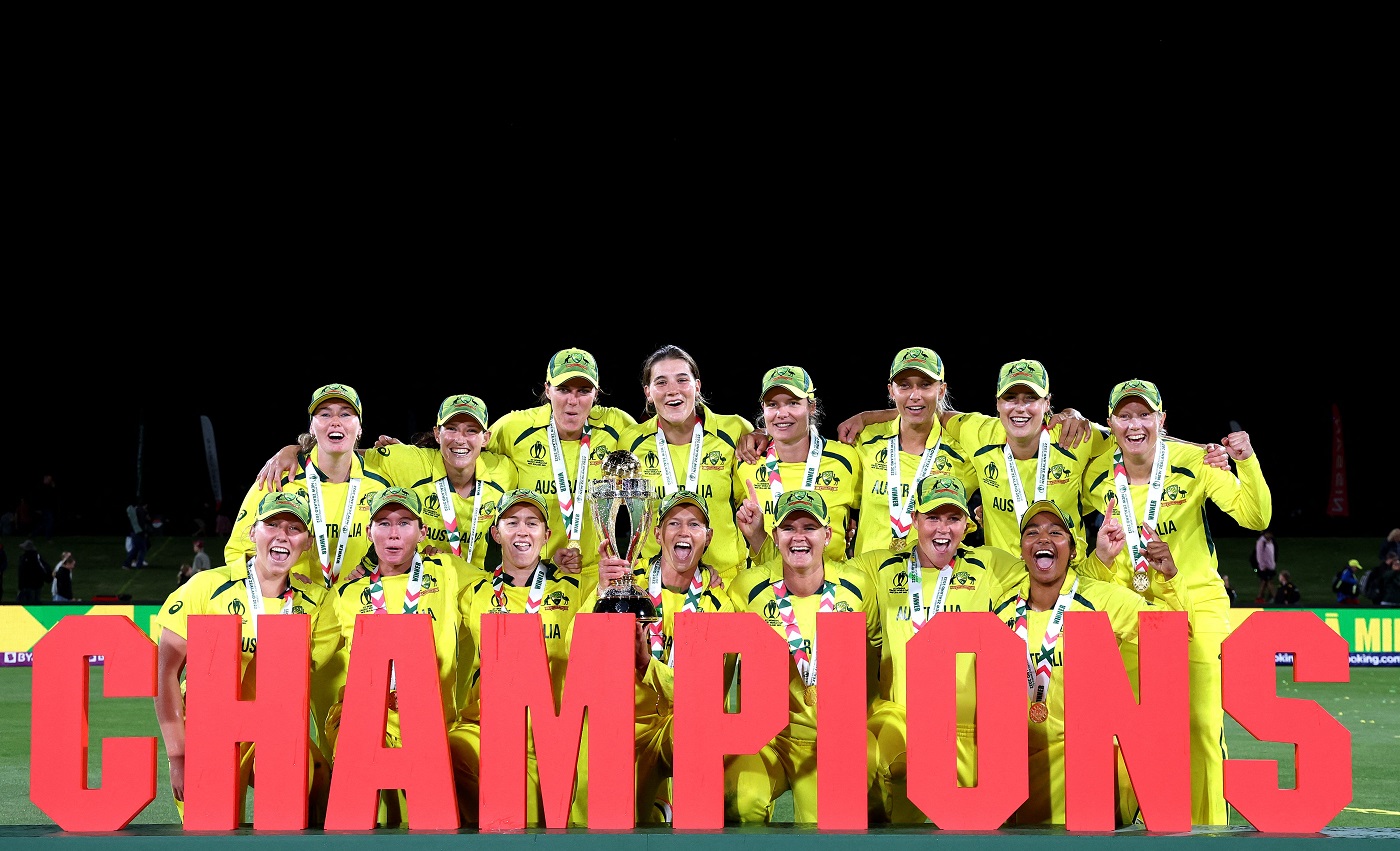








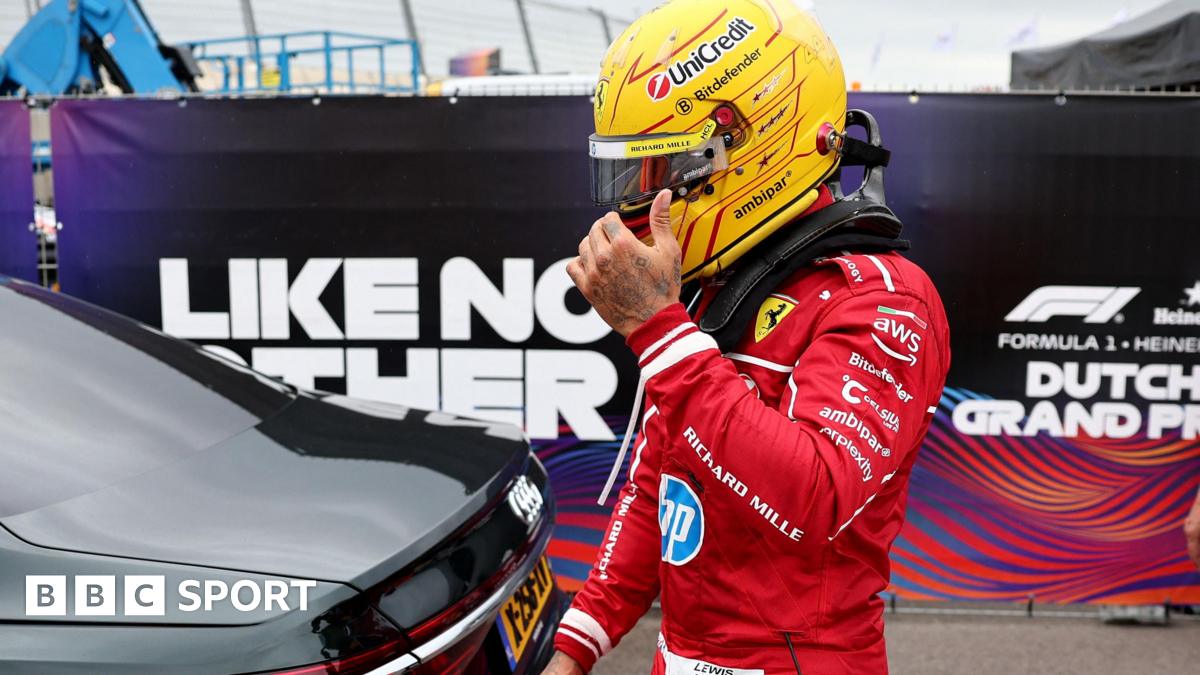




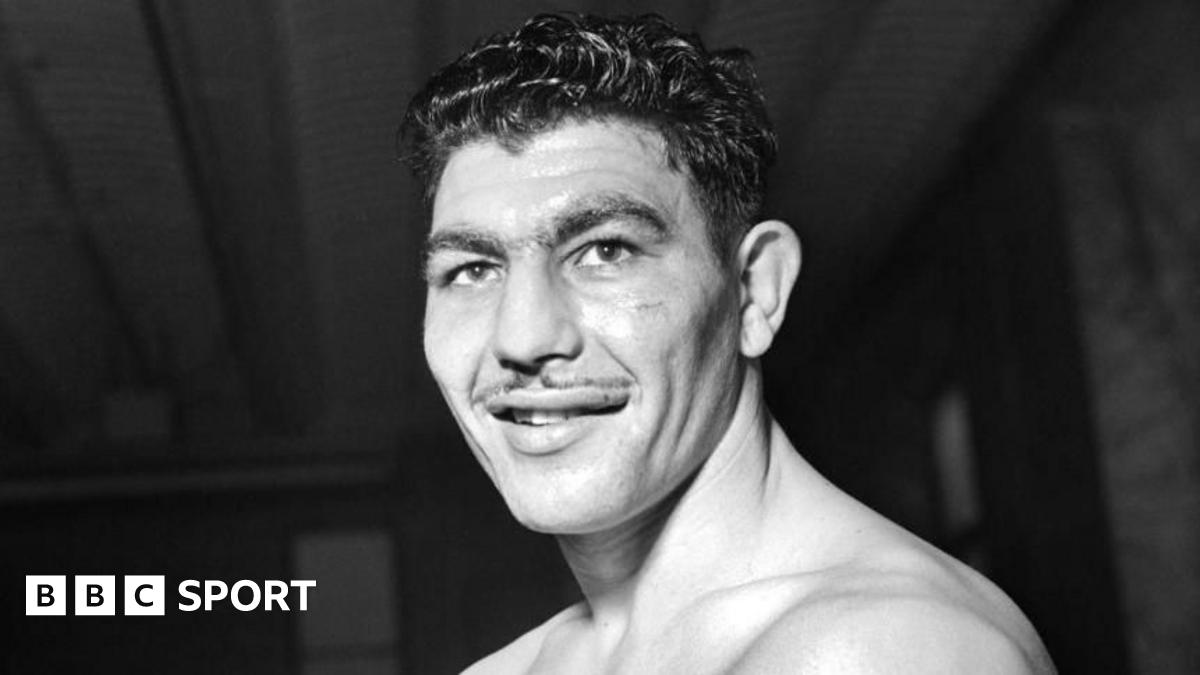
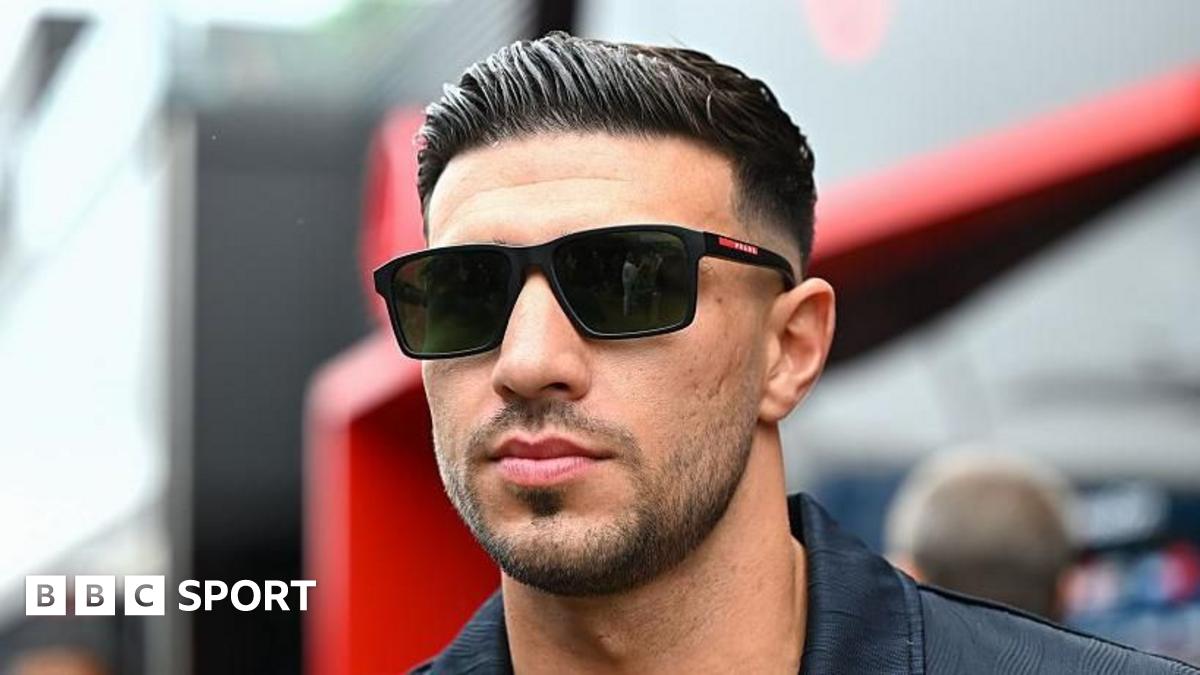
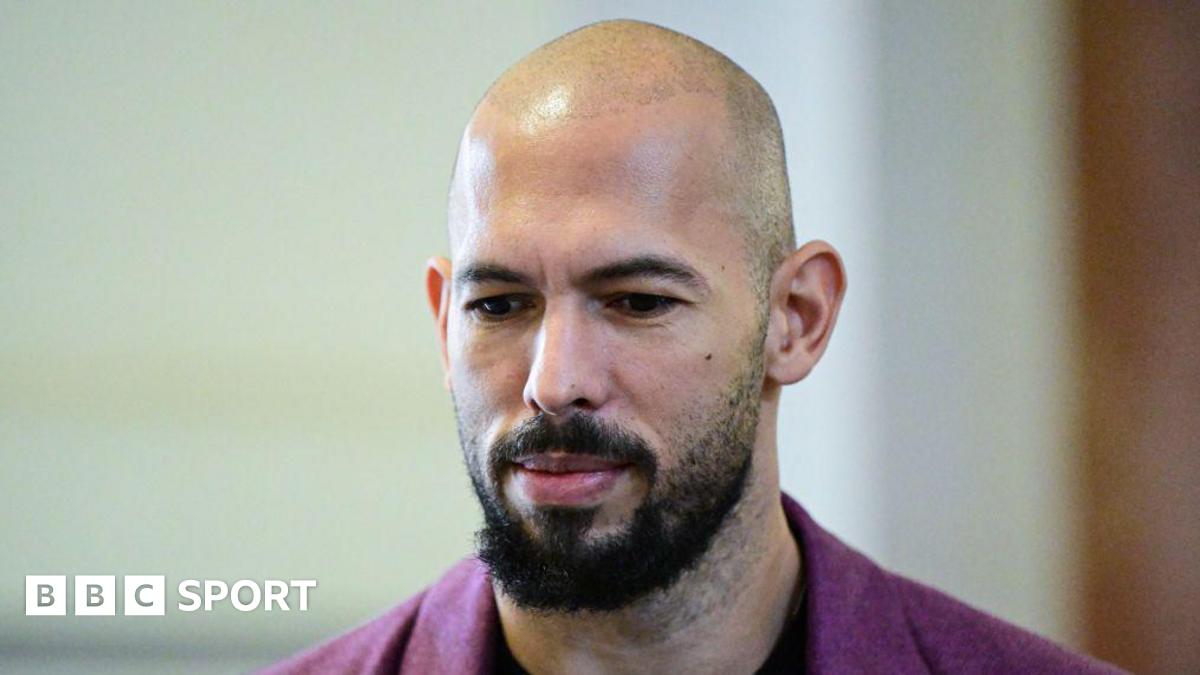








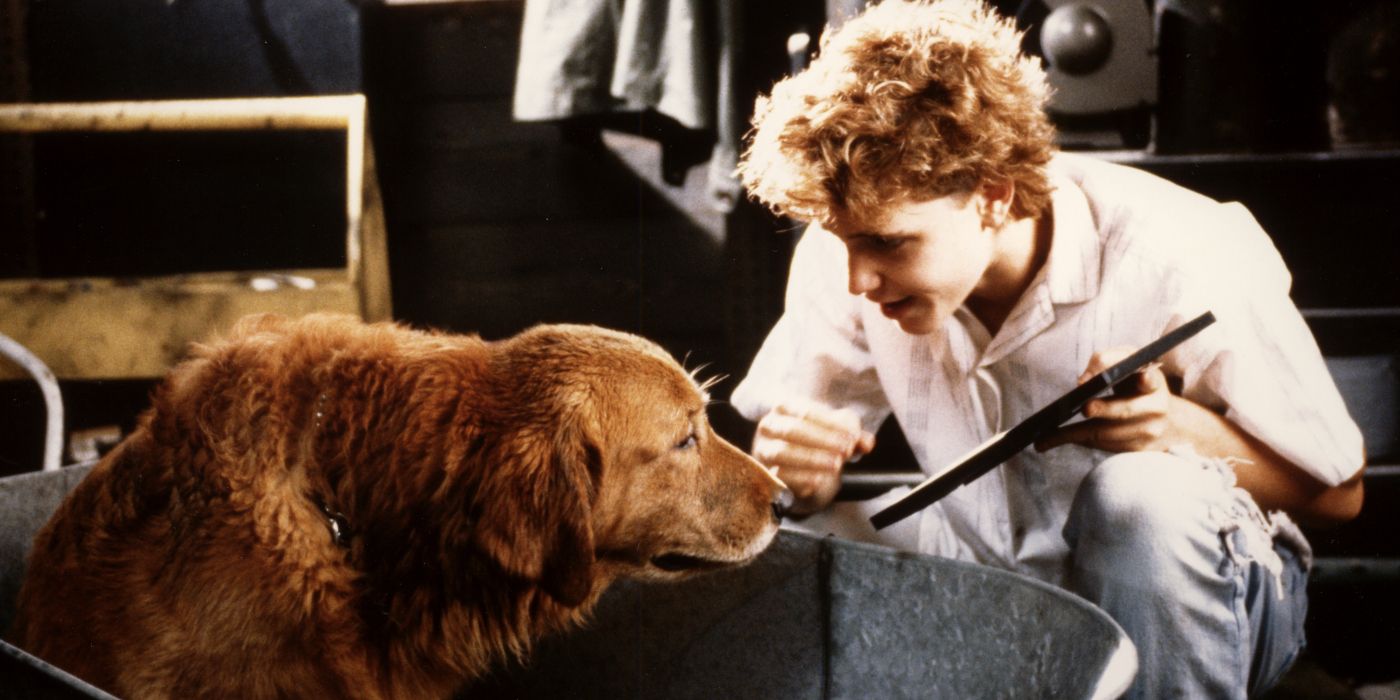
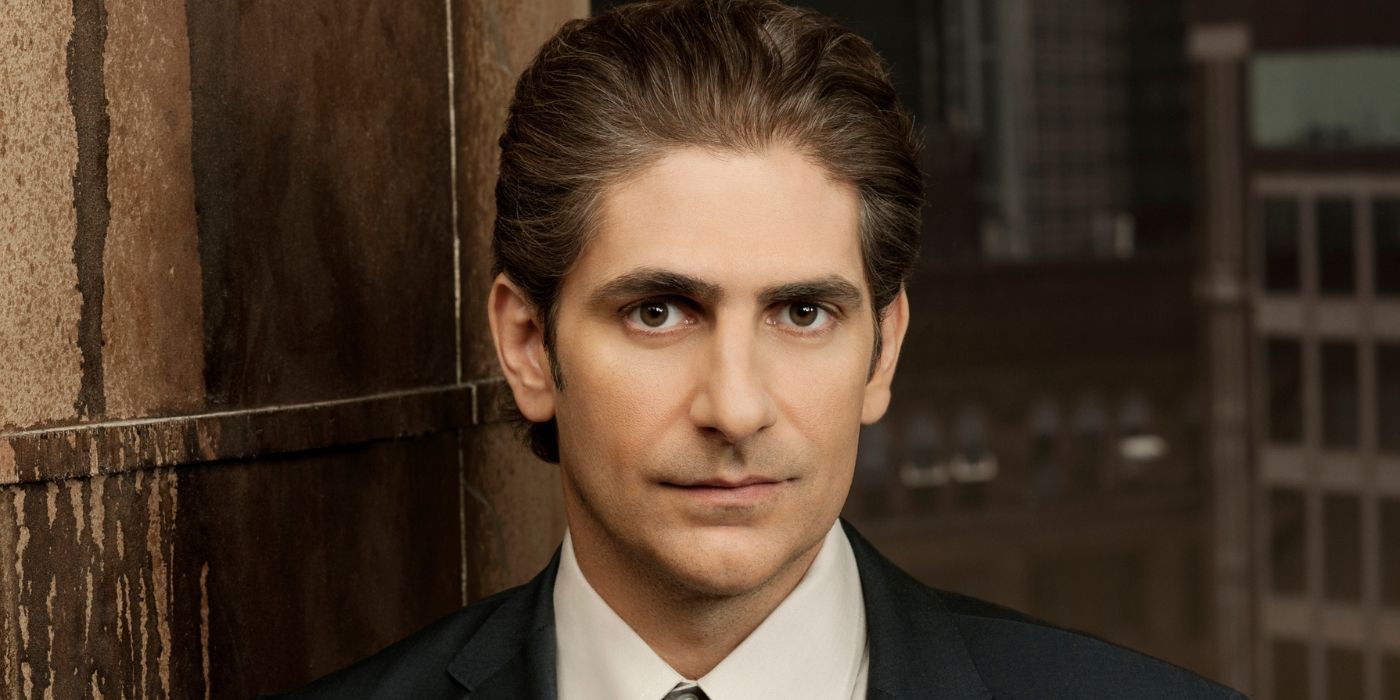


![Walter Boys Season 2 Finale Delivers Not One, But Two Cliffhangers — Is [Spoiler] Dead?](https://tvline.com/wp-content/uploads/2025/08/my-life-of-the-wlater-boys-season-2-finale_33d3b0.jpg?#)




